Encapsulated cell therapy aims to release the therapeutic potential of cells to treat serious diseases without the need for immunosuppression.
Under the alliance, Sigilon will create proprietary products made up of induced pluripotent stem cells, engineered into differentiated insulin-producing pancreatic beta cells and encapsulated using Sigilon's Afibromer technology.
"The goal of these products will be to restore insulin production over sustained periods, without triggering an immune reaction," the firms note.
The deal gives Lilly an exclusive worldwide license to Sigilon's Afibromer technology for islet cell encapsulation, while Sigilon will receive an upfront payment of $63 million and potentially up to $410 million in development and commercialisation milestones, as well as single to double digit tiered royalties on future product sales.
Lilly will also make an undisclosed equity investment in the privately-held US biotech.
"We are excited to be collaborating with, and investing in, Sigilon as they seek to develop encapsulated cell therapies, a potentially disruptive technology that could result in meaningful clinical advancements for chronic diseases such as type I diabetes," noted Daniel Skovronsky, senior vice president for clinical and product development and incoming president of Lilly Research Labs.
Cyramza success
Meanwhile, Lilly also unveiled top-line results from the Phase III REACH-2 study of Cyramza (ramucirumab) as monotherapy for the second-line treatment of hepatocellular carcinoma (HCC).
The trial met its primary endpoint of overall survival (OS) as well as the secondary endpoint of progression-free survival (PFS).
Lilly said that REACH-2 is the first positive Phase III HCC trial in a biomarker-selected patient population, evaluating the drug in HCC patients who were intolerant to, or had disease progression while on or following treatment with, sorafenib, and who had a high alpha-fetoprotein (AFP-High) level.
Around half of all advanced HCC patients are AFP-High, and are among those with the poorest prognosis out of the general HCC patient population.
"Advanced liver cancer is an aggressive disease that has a poor prognosis – and for those that have elevated AFP levels, the prognosis is even more dismal. The expected survival of these patients is only a few months following first-line treatment if they don't go onto second-line therapy. For this reason, Lilly is encouraged by the results of REACH-2 and the potential for Cyramza to benefit patients in this setting," said Levi Garraway, senior vice president, global development and medical affairs, Lilly Oncology.
The company said it intends to initiate regulatory submissions for Cyramza in this setting in mid-2018.
-----------------------------------------------------------------------------------------------------------------------------------------------
Editor's Note:
To apply for becoming a contributor of en-CPhI.cn,
welcome to send your CV and sample works to us,
Email: Julia.Zhang@ubmsinoexpo.com.





 ALL
ALL Pharma in China
Pharma in China Pharma Experts
Pharma Experts Market News
Market News Products Guide
Products Guide Brand Story
Brand Story



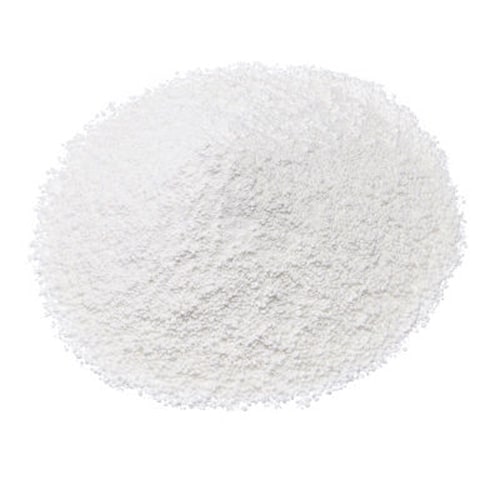
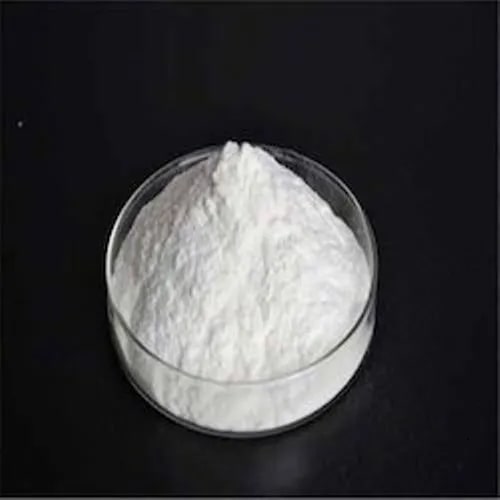
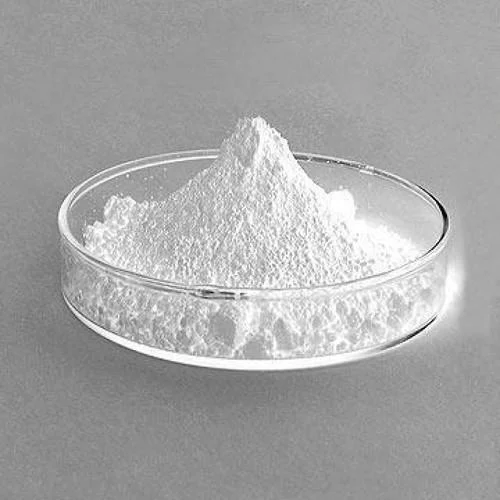











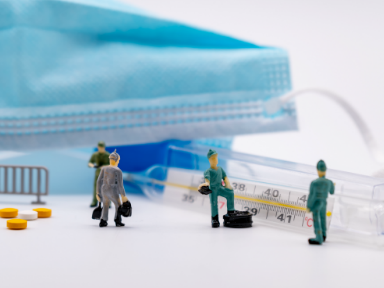
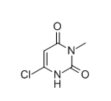
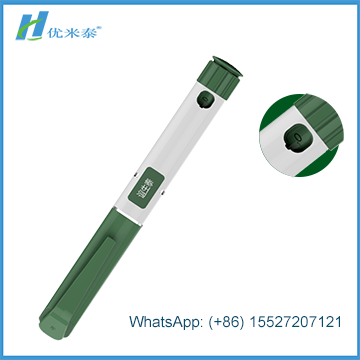
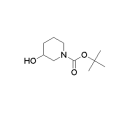
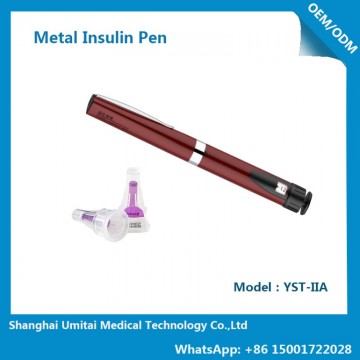
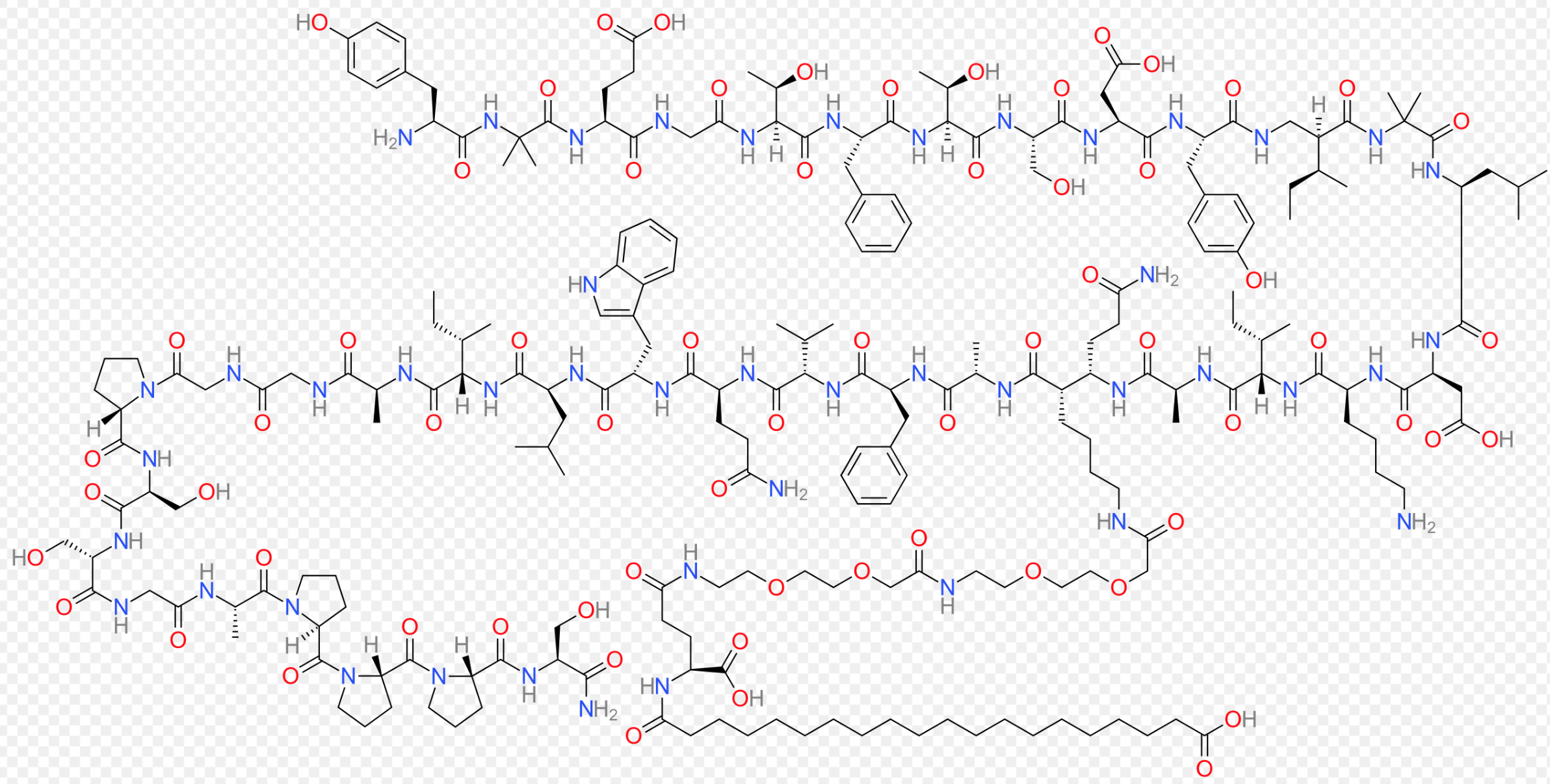
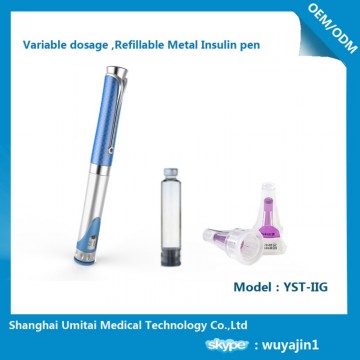





 Pharma Sources Insight January 2025
Pharma Sources Insight January 2025








